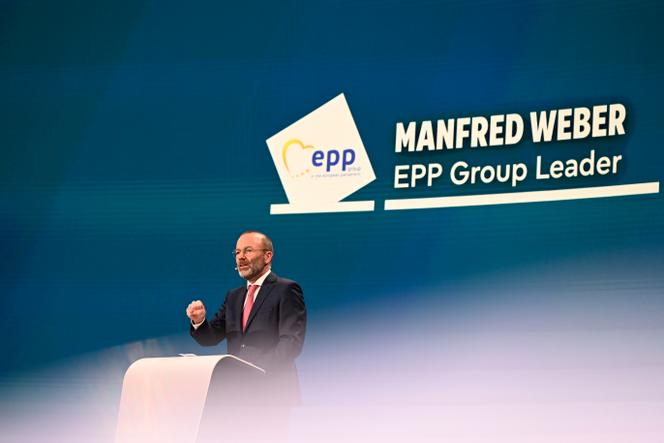


The results of the European elections, held from Thursday, June 6 to Sunday, June 9, are crystal clear. The conservatives of the European People's Party (EPP) have confirmed their position as the leading political group in the European Parliament, while the far-right has made a breakthrough. The Social Democrats (S&D) – the second largest group in the EU body – lost ground, but it was the Renew liberals and the Greens who suffered the biggest losses.
The slight increase in voter turnout – to 51%, from just over 50% in 2019 – did not prevent far-right parties from increasing their scores. In France, the Rassemblement National (RN) came out on top; scoring a historic victory, it will send a delegation of around 30 MEPs to Strasbourg for the first time. In Italy, Fratelli d'Italia – the post-fascist party of Council President Giorgia Meloni – is also set to secure a large contingent of elected representatives; Matteo Salvini's Northern League could hold as many as seven seats. In Austria, the far-right Freedom Party (FPÖ) beat out the conservative right of the People's Party (ÖVP) and the Social Democrats (SPÖ).
The far-right came second in several other member states: In Germany, the Alternative for Germany (AfD) came in ahead of the ruling Social Democratic Party (SPD), and in Poland, with the Law and Justice Party (PiS). In the Netherlands, Geert Wilders' Party for Freedom (PVV), with seven elected MEPs, came in behind the Socialist-Green coalition. And finally, several countries will be sending nationalist MEPs for the first time, like Portugal.
These wins should allow the nationalist and sovereignist right to score more than a quarter of the 720 European Parliament seats. However, their real influence will depend on their ability to form alliances.
Until now, they have never managed to work together, due to major ideological differences, on Russia for example. Alongside Fratelli d'Italia and the PiS, they can be found in the European Conservatives and Reformists group (ECR, which should obtain 72 seats, compared with 68 today) and, with the RN, in Identity and Democracy (ID, which should get 58 MEPs, as in 2019).
In addition, dozens of MEPs are currently unaffiliated, including those from Hungary's Fidesz, Germany's AfD – which the ID group has just excluded – and Portugal's Chega movement. Against this backdrop, new alliances are likely to emerge, foreshadowing a recomposition of the far right in the European Parliament, the consequences of which are not yet clear. Discussions have already begun and will only ramp up in the coming days.
You have 46.01% of this article left to read. The rest is for subscribers only.
